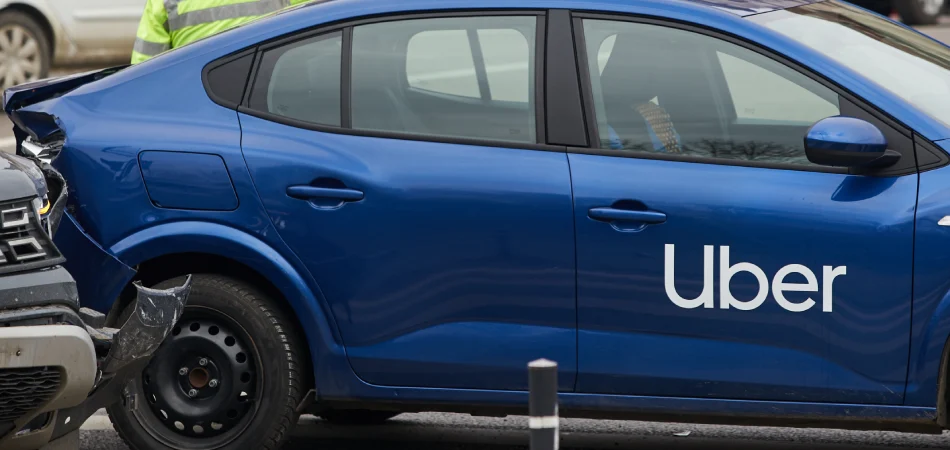Uber and Lyft drivers in Baton Rouge relatively unregulated

Historically, cities and states have imposed regulations on those who transport others for a fee, like taxi drivers. One of the reasons for these regulations is to protect the safety of the public who entrust their lives and their health to these drivers.
However, regulation has been lagging behind when it comes to ride-sharing services like Uber and Lyft. In fact, last year, Louisiana lawmakers rejected a proposition that would regulate ride-sharing on a state-wide basis. Louisiana’s largest city, New Orleans, does have a detailed rule covering ride-share drivers. With respect to driver safety, for instance, the rule in New Orleans is that drivers must submit to random drug tests. Moreover, they also may not operate for more than 12 hours in a given day.
The point of the latter rule is to make certain that ride-share drivers are getting adequate time to rest so they do not suffer from driver fatigue. Generally speaking, however, the law gives ride-share operators a lot of room to do as they please. This does not, however, mean that they are off the hook should they cause a serious commercial vehicle accident.
Like any other driver, someone operating for Uber or Lyft has an obligation to drive carefully. This means that if they cause an accident because of drugged, distracted or fatigued driving, or just by violating a traffic law or making a common mistake, they can be held financially accountable for the loss.
Likewise, a passenger may be able to get recovery for injuries. Multiple sources of insurance proceeds may be available. Should a ride-share operator violate a rule or law, that violation may be part of establishing the driver’s negligence.



